How to Choose the Best Air Filter
Written by:
John Goss
06/07/2023
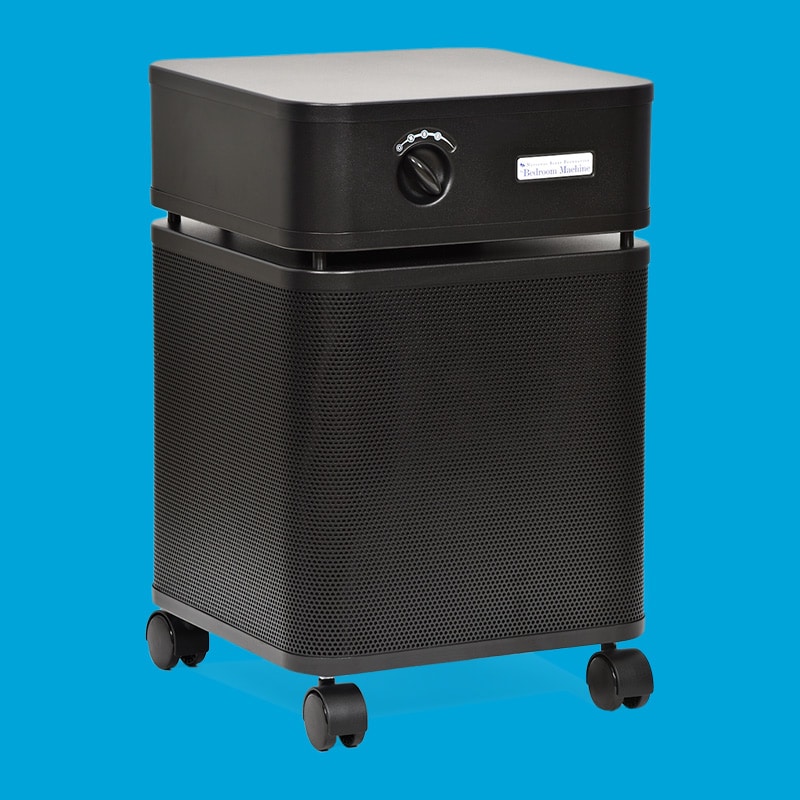
Updated: 11/12/2023
Looking for a different guide? Browse them all HERE.
There are few things as elementally important as clean air. Each of us takes up to 30,000 breaths a day. What our bodies want is oxygen, but what we actually inhale often contains all sorts of less-than-good stuff. This is especially true of our indoor air, where a wide variety of contaminants can accumulate.
Indoor Air is More Polluted Than Outdoor
Indoor air contaminants come in many forms, from floating particulates like pet dander and smoke to chemical vapors that off-gas from the materials our homes are built from and products we bring into them.
Because indoor air is essentially trapped, it cannot easily mix with fresh air and thus disperse these contaminants. Instead, the contaminants accumulate. T(he same is true for viruses like the one that causes COVID-19; when the air is trapped inside, they accumulate.)
We recently added an additional air filter next to the printer in our warehouse, after reading this alarming study that shows that laser printers seriously degrade indoor air quality. Some scientists say that working near a constantly-running laser printer could be “as bad for you as smoking.”
In cities, even the outdoor air can be laden with things like diesel particulates and other toxins. It eventually works its way indoors and mixes.
There are two broad categories of toxins that are important to get out of your indoor air:
1) Particulates, including dust, smoke, mold spores, pollen, diesel exhaust, flame-retardants, bacteria, and viruses.
2) VOCs, including: formaldehyde, acetone, benzene, butanol, carbon disulfide, ethanol, terpenes, toluene, and more.
The Best Air Filters for Wildfires
Experts recommend electronic air filters to mitigate the impact of wildfires on indoor air quality. These filters are designed to remove fine particulate matter, smoke, and other airborne pollutants from the air.
Electronic air filters have a higher efficiency in removing fine particulate matter, and we recommend the Austin Healthmate Plus. This model includes a layer of 60 square feet of certified HEPA to remove 99.97% of all particles larger than 0.3 microns, including particulates from wildfires. The Healthmate Plus also filters viruses, bacteria, VOCS, and odors, as well as particles easily seen by the naked eye (e.g.dust, hair, and pet dander) and smaller particles (e.g. molds, spores, and pollen).
The Best Air Filters the Coronavirus & Other Viruses
In addition to their other benefits, HEPA filters can remove bacteria and viruses from the air. Whenever someone in our home is sick, I run our filters with hopes of keeping the rest of us well. Experts agreed that this was a key strategy in fighting the spread of COVID-19.
Austin air filters contain true medical grade HEPA that removes 99.97% of all particles larger than 0.3 microns and 95% of all particles larger than 0.1 microns. Scientists say that the size of the coronavirus is .125 microns, so yes, these filters will capture the virus. Moreover, experts say that the droplets the virus travels in measure at least 1 micron, which is easily captured by a HEPA filter.
In addition, there is apparently a link between living in areas with poor air quality and experiencing severe COVID-19 symptoms.
How to Clean Indoor Air
The good news is that there are ways to clean the air of a range of contaminants.
Here are four ways to clean up the indoor air:
- Throw open your windows when the weather permits; even in cities, outdoor air is usually better than indoor. (Obviously, this is not true during wildfire seasons.)
- Purchase some charcoal air purifiers, which clear everything from odors to VOCs.
- Stock up on houseplants, which both absorb airborne toxins and generate clean oxygen, making them a great passive air filter.
- Invest in 100% wool rugs for your floors, as wool naturally absorbs VOCs.
-
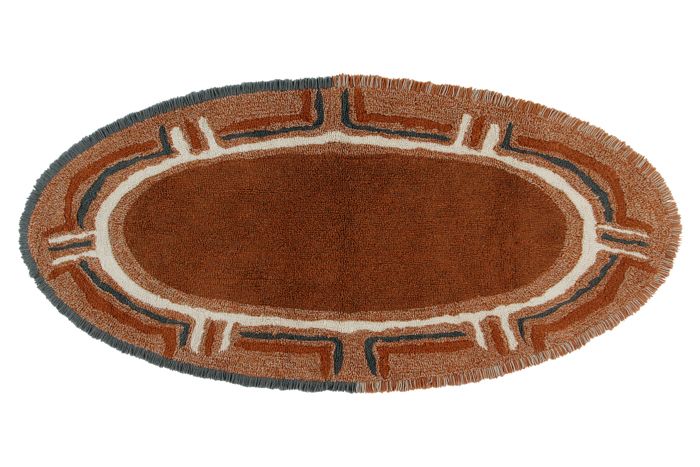
-
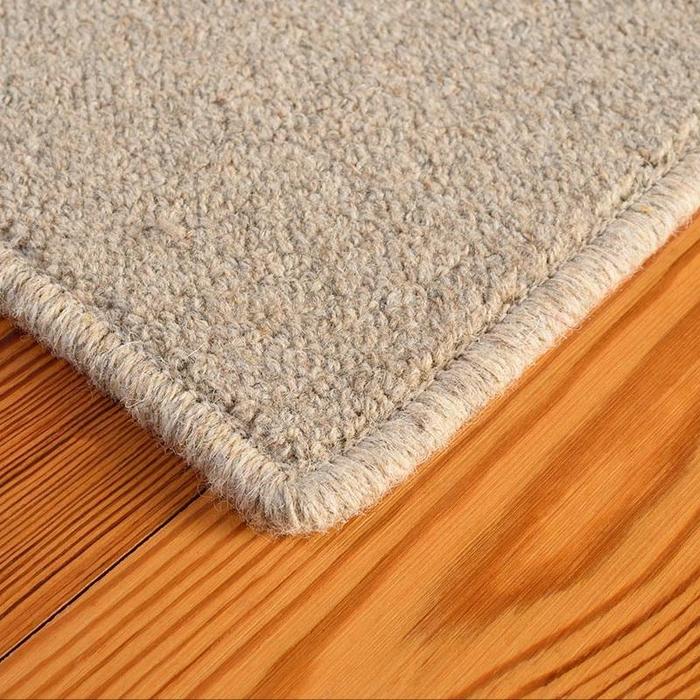 Earth Weave – Rainier – Natural Wool Area Rug$499.00 – $1,399.00
Earth Weave – Rainier – Natural Wool Area Rug$499.00 – $1,399.00
Unfortunately, all of the methods are passive, only affecting air that happens to pass over the plant/rug/Moso bag. This doesn’t make them useless–they are certainly better than nothing, and in our home we have found Moso bags to be truly effective against odor from our garbage can. Still, passive filters like Moso bags are are essentially useless against particulates, which can be particularly bad for our lungs.
So if we want a more active filter, there are five basic types of technology. Some of them are safe and effective, some of them are safe but less effective, and some of them are not even safe!
Best Stuff
HEPA Air Filters
We’ve all heard this term (which stands for High Efficiency Particulate Arrestance), but probably don’t know exactly what it means.
To be certified as HEPA, a filter must trap at least 99.97% of all particles larger than 0.3 microns. Many of the particles caught in a HEPA filter (including many chemicals) are so tiny they can’t be seen with the naked eye.
HEPA filters also trap mold, viruses (including the coronavirus), and bacteria, so they create a more sanitary environment. HEPA filters also trap larger particles that can cause lung irritation. (Side note: Make sure your vacuum cleaner is a HEPA-sealed model, too.)
Activated Carbon Air Filters
Activated carbon filters are comprised of trillions of molecular-sized pores that have high absorbent and chemical bonding ability.
Activated carbon filters are highly effective at capturing pollutants like chemical emissions, gases, tobacco smoke, and odors. Once captured, these pollutants are not released back into the air.
Activated carbon filters are recommended for people with Multiple Chemical Sensitivity (MCS) because they absorb formaldehyde, which is found in the adhesives used in carpeting, wood paneling, and upholstered furniture. They also trap fragrances as well as many chemicals found in household cleaning products.
Okay Stuff
Ultra Violet Air Filters
Air purifiers using this technology have a UV lamp installed inside of them. As microorganisms pass by the UV rays radiated from the lamp, cellular damage destroys the microorganism.
Although UV technology is effective at killing viruses and bacteria, it is best used with a filter system ahead of the lamps. Without a filter system, too many microorganisms get shaded from the light by particulates.
Sneaky Stuff
Negative Ion Air Filters
Negative ion air filtering technology has proven to be less effective than others because it simply masks the polluted air as opposed to actually cleaning it.
This type of air purifier does not have the ability to absorb or dispose of the harmful contaminants in the air. The negative ion simply takes the airborne particles out of the air and transfers them to walls and other solid things in the room. When stuck to walls and other surfaces, they have the ability to become re-circulated back into the air. For this reason, I do not recommend negative ion filters.
Ozone Air Filters
Ozone air purifiers produce the gas ozone (O₃). Health professionals have refuted the claims made that these devices are safe, and no agency of the federal government has approved of these devices.
Exposure to ozone may ignite asthma symptoms, and at high enough level can even scar the lungs. Many of the chemicals found in indoor environments take months or years for ozone to react, making them virtually ineffective. Ozone does not remove particles such as dust and pollen. Obviously, I do not recommend ozone filters.
The Best Air Filter Brands
While some individuals may have a specific reason for investing in an ultraviolet or negative ion filtering unit, the vast majority of us need the air-scrubbing power of HEPA and activated charcoal. Those two combined do an excellent job of eliminating almost all of the common irritants/pollutants found in most homes, as well as bacteria and viruses like the coronavirus.
Best Filter: Austin Air
Austin Air offers a line of robust filters that employ HEPA and activated carbon technologies teamed with fans that get the job done quickly and super effectively.
For extra filtering power, Austin mixes their activated carbon with zeolite, a mineral with superior ability to trap toxic gases and odors such as formaldehyde, ammonias, and carbon monoxide. The top-of-the-line Austin Machine is the bedroom (I have three). If you’re mostly worried about particulates from wildfires, then the Healthmate Plus is also excellent.
Made in the U.S.A, Austin Air filters have garnered wide acceptance as one of the very best air filtration systems available. They are the only manufacturers to have their products designated as Medical Grade Air Purifiers, and the only manufacturer to successfully reduce asthma attacks and respiratory problems in a clinical trial. Johns Hopkins Hospital has chosen Austin Air medical grade air purifiers to conduct four clinical trials. Austin filters were selected by the Federal Government to provide the emergency air purifiers to the citizens of Anniston, Alabama, during the destruction of chemical weapons.
During the global pandemic of 2020, hundreds of hospitals, schools, and dental offices relied on Austin Air to protect their spaces from the novel coronavirus.
Are Air Filters Loud?
An electric air filter works by moving air past the filters, and of course only the air that passes through a filter is affected. It’s a simple equation: the more air that passes through the filter, the cleaner the air stays.
While some companies make filter units that are super quiet, the fact is that moving air makes noise. To the extent that noise is lessened, filtering power is likewise lessened. This does not mean that filters need to be loud, but, especially when set on the high setting, filters sound exactly like what they are: a fan. You can hear Maia’s Austin Air unit here.
Also Great: Allerair
Looking for something smaller or more mobile? Allerair air filters are made in the USA and are perfect for actively reducing particulates and VOC’s inside of small spaces like a nursery, an office or inside your car. Allerair offers both a mobile desktop unit and a car unit.
-
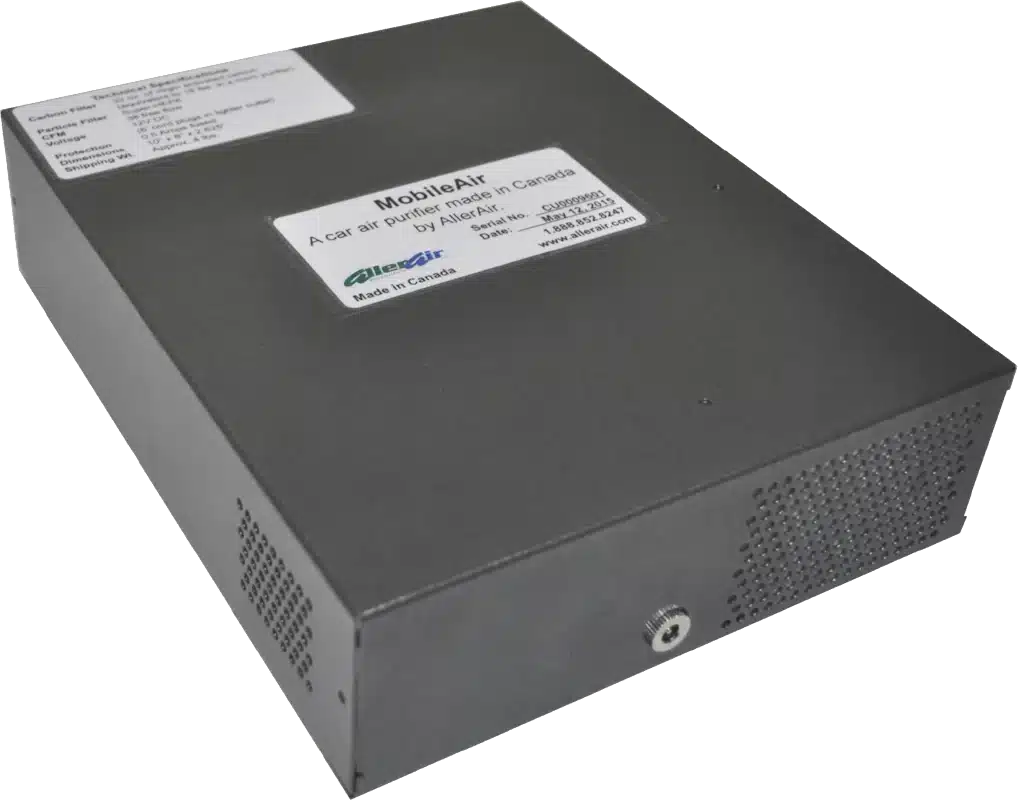 Product on sale
Product on sale -
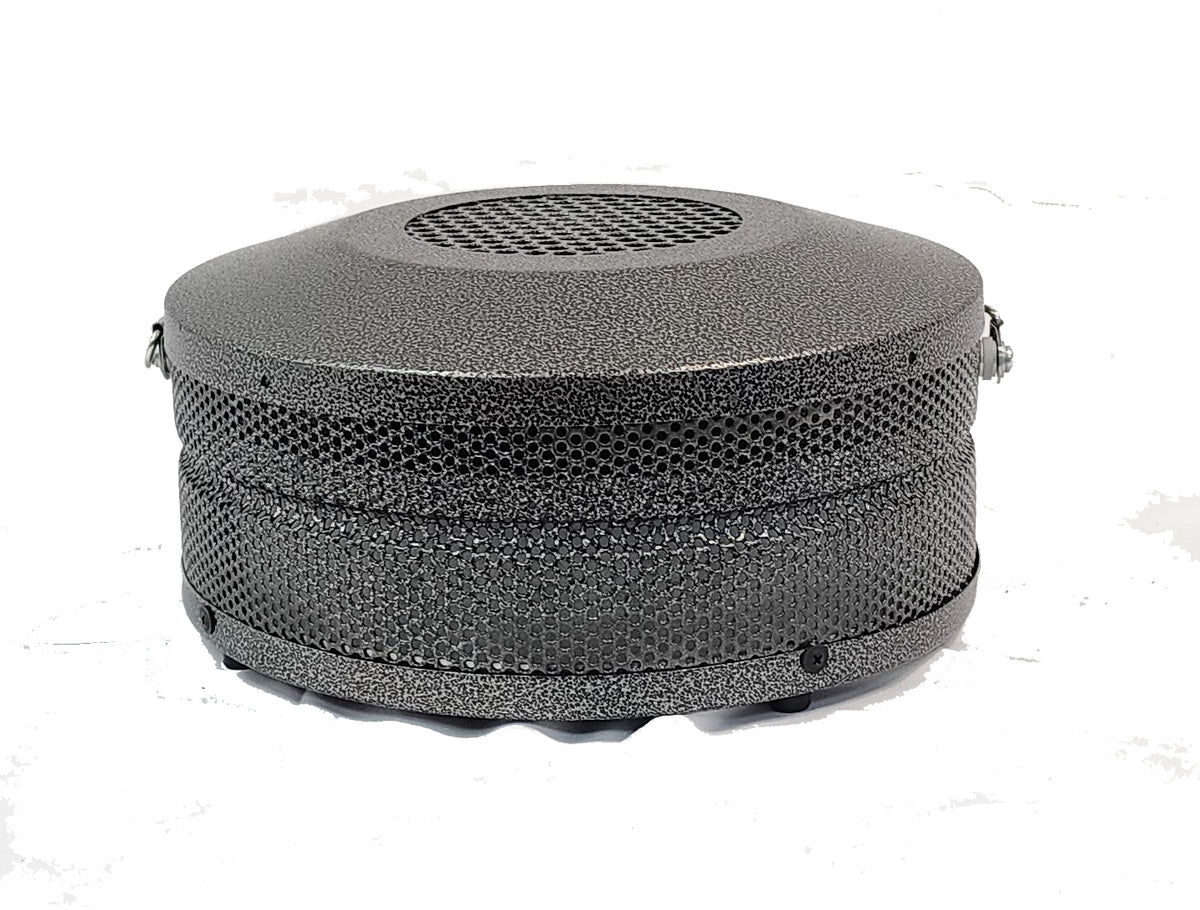 Product on saleAllerAir MobileAir Plus – Desktop Air Purifier – Carbon & HEPA$299.00 – $329.00
Product on saleAllerAir MobileAir Plus – Desktop Air Purifier – Carbon & HEPA$299.00 – $329.00
Austin Air Vs. AirDoctor
AirDoctor filters are also great. We lean towards Austin mostly because of the cost, as you can see here.
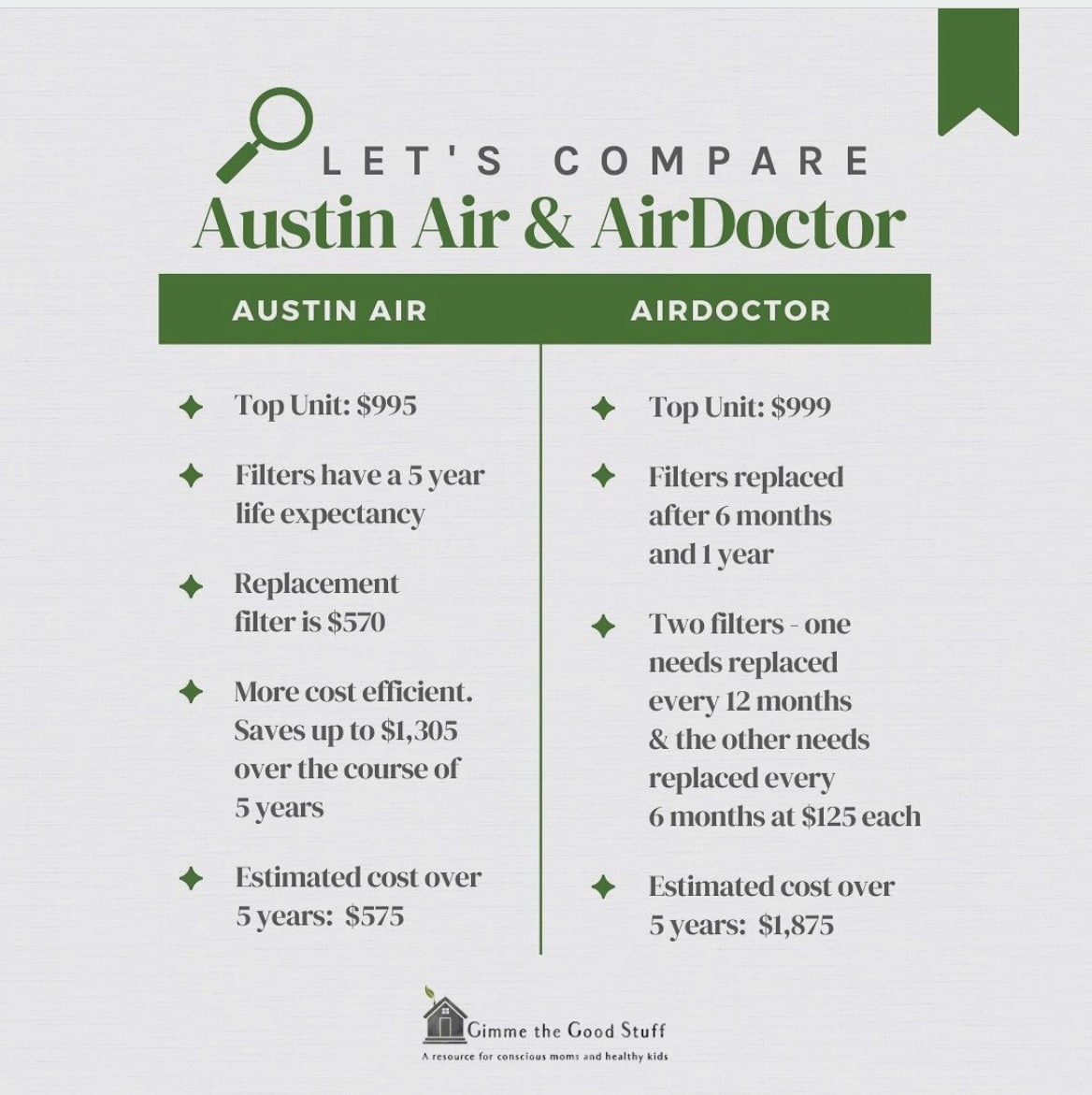
Runners Up: Other Air Filters We Like
There are two other air filtration systems that we consider Good Stuff:
Airpura T600 HEPA Air Purifier
The Airpura T600 HEPA Air Purifier employs similar technology to Austin and is mostly targeted towards smoke, so if you’re a smoker or live with a smoker, this is one to consider. They are a bit pricier than Austin’s filters.

IQAir HealthPro Plus Air Purifier
IQAir HealthPro Plus Air Purifier is another filter that meets our criteria, but it is also more expensive than Austin, and made for smaller spaces. Without a doubt, the IQ Air has an aesthetically-pleasing design, but on the whole, we think Austin offers more for less money.

About Other Air Filters
There are other decent air purification systems out there. Some are very slick looking, and some have interesting bells and whistles. But other than the ones that produce ozone, any filter is better than having no filter at all. We like the Austin because of the combination of proven robust filtering technology, quality construction, versatility, and price point.
Lots of you have asked about the Molekule air filter. While Molekule is marketed as a new technology, it’s roots go back quite a way. After taking a closer look at this brand, I remain concerned that the technology might not be as effective as the brands we’ve recommended above. In fact, Molekule recently was forced to retract most of their advertising claims.
Toxins in Cars
Some of the most toxic air is inside of our cars. Automobile interiors are notoriously toxic and some of us are stuck in our cars for hours per day. Extra special care should be taken to detox the air inside a car; especially a new car.
Please ask your questions about air filters below.
Stay sane!


John, Certified Holistic Health Coach
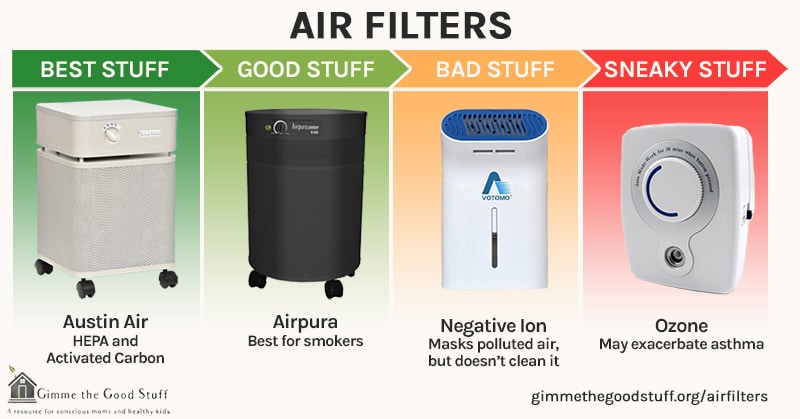
Note: This article contains affiliate links or sponsored content, which means that if you make a purchase, we may earn a commission. We only recommend products that meet our strict standards for non-toxicity and that we use (or want to use!) ourselves. Thank you so much for supporting the brands that make Good Stuff!
Enjoying this guide?
Join 60K families who rely on our free guides on everything from milk to mattresses! Sign up to get $5 off your first order, access to our ultimate Clean Products Cheat Sheet, and ongoing exclusive access to coupon codes and promotions. Our weekly newsletter is filled with well researched tips and tricks to live a toxin-free lifestyle.
Related Posts
Start Here: 5 Crucial Steps to Decrease Toxins in Your Home
Questions We’ve Answered Lately…
Non-Toxic Air Freshener Guide
42 Ways to Have a Healthy 2024
-
What is your opinion of the Enviroklenz air filter? My main concern is dust (from renovation to 2 old houses nearby my home: lead and asbestos), and mold and voca within my home.
-
Thank you for letting me know. In fact, now we live in a world where we have excellent opportunities to secure life for ourselves as much as possible. And the air filter is one of those great features. My daughter suddenly developed an allergy and the air filter became our salvation. This device is worth it, because it really helps us breathe clean air, which has a great effect on our health.
https://cbdreakiro.com/shop/10tincrk2000-cbd-oil-2000mg-full-spectrum-20-2377 -
An air filtration system for your home ensures that the air in your living space is free of harmful viruses, bacterias, and other nasty contaminants that can affect your health. It also makes it easier to keep your home clean, and boosts the functioning of your AC system along with some other surprising benefits.
-
Are RabbitAir filters as good as Austin?
-
Hi, thanks for all the info! Ike’s seems to have cheaper hepa air filters available which are for smaller spaces. Do you know anything about the quality of them?
-
Hello John ,
I have Austin Air in my home based on your recommendations.
I wanted to purchase few units for my kid’s school but a parent would prefer Medify 500 over the HealthMate Plus. What is your take on it besides the filters needing to be changed every 3-4 months?Much appreciated
Monia
-
Any insight on Air Doctor?
-
Yes Jean, Air Doctor units have some bells and whistles that others do not. Bells and whistles like apps and sensors are no substitute for robust air filtration like you’d get from an Austin machine. The easiest way to see the difference is that Air Doctor estimates that if their ($650ish) machine is on 24/7, you should replace the filters every 6 months (twice per year). A similar Austin machine, on the other hand, might cost $100ish more but the filters generally last 5 full years when run 24/7. Austin puts the money into filtration, not bells and whistles…and the Austin will alert you when the filter is getting saturated. Air Doctor is better than some but not in the same league as Austin. This is why we carry Austin and only Austin. We could carry others, but what’s the point? https://gimmethegoodstuff.org/?s=Austin
-
-
Wondering about Airdoctor?
-
Yes Jean, Air Doctor units have some bells and whistles that others do not. Bells and whistles like apps and sensors are no substitute for robust air filtration like you’d get from an Austin machine. The easiest way to see the difference is that Air Doctor estimates that if their ($650ish) machine is on 24/7, you should replace the filters every 6 months (twice per year). A similar Austin machine, on the other hand, might cost $100ish more but the filters generally last 5 full years when run 24/7. Austin puts the money into filtration, not bells and whistles…and the Austin will alert you when the filter is getting saturated. Air Doctor is better than some but not in the same league as Austin. This is why we carry Austin and only Austin. We could carry others, but what’s the point? https://gimmethegoodstuff.org/?s=Austin
-
-
I have seen many comments inquiring about the Air Doctor Pro and not once has anyone from the site answered. I have the same question. Is it not being answered because that brand is somehow lacking or just because it’s not an affiliate like Austin Air?
Please let us know if you have assessed Air Doctor. Thank you.
-
Austin Air isn’t an affiliate–we sell it in our store. IQAir is Good Stuff, and you’ll see it right in the infographic at the very top of the page.
-
Yes Jean, Air Doctor units have some bells and whistles that others do not. Bells and whistles like apps and sensors are no substitute for robust air filtration like you’d get from an Austin machine. The easiest way to see the difference is that Air Doctor estimates that if their ($650ish) machine is on 24/7, you should replace the filters every 6 months (twice per year). A similar Austin machine, on the other hand, might cost $100ish more but the filters generally last 5 full years when run 24/7. Austin puts the money into filtration, not bells and whistles…and the Austin will alert you when the filter is getting saturated. Air Doctor is better than some but not in the same league as Austin. This is why we carry Austin and only Austin. We could carry others, but what’s the point? https://gimmethegoodstuff.org/?s=Austin
-
-
I’ve seen a few comments asking about the Air Doctor Pro. What are your thoughts on this? Through my own research it looks like a very good and trusted option.
-
How does the AirDoctor Air Purifier compare? Is it Best stuff, Good stuff or?
-
Air Doctor units have some bells and whistles that others do not. Bells and whistles like apps and sensors are no substitute for robust air filtration like you’d get from an Austin machine. The easiest way to see the difference is that Air Doctor estimates that if their ($650ish) machine is on 24/7, you should replace the filters every 6 months (twice per year). A similar Austin machine, on the other hand, might cost $100ish more but the filters generally last 5 full years when run 24/7. Austin puts the money into filtration, not bells and whistles…and the Austin will alert you when the filter is getting saturated. Air Doctor is better than some but not in the same league as Austin. This is why we carry Austin and only Austin. We could carry others, but what’s the point? https://gimmethegoodstuff.org/?s=Austin
-
-
Good air quality is not a luxury, it is a necessity. And I found some good options that I think are quite effective:
https://keepitportable.com/best-portable-air-ionizers/I like Air Purifier Ozone Generator. It’s the leader in its segment of the best air ionizers with the function of cleaning and ideal for rooms with a medium area. One of the main purifying elements is the Nera-filter, whose efficiency is 99.97%. Besides it, there are a plasma generator and a photocatalytic filter. It is almost noiseless and consumes the least amount of electricity.
-
Generating a toxin like ozone inside your home is an extremely bad idea. Don’t be fooled.
-
-
Really want to purchase an air purifier, however, right now we are on a tight budget for our wedding, and the best ones that were mentioned are a bit pricey for us at the moment. Do you recommend any that are more in the $200 range?
Thank you,
Angie-
Hi Angie,
It could be pretty difficult to find a good filter at that price. Our research leads us to units that cost considerably more….but honestly I did not look into the more affordable group because their effectiveness was less. Having said that, what are you trying to filter for? Covid? Smoke? Pollution? Indoor toxins?Perhaps I can help.
Thanks,
-
-
Hi Katie, I haven’t been on this site in awhile. So I just saw your post. I bought a Dyson Pure Hot+Cool purifier, and it barely does anything! My apartment is only like 670 square feet, and I have to sit *directly* in front of it, in order to breathe in cleaner air. If I’m not right in front of it, I don’t really notice any difference. I was so disappointed because my (ex) boyfriend had 2 AirDoctors, and he let me borrow one of them last year during fire season (I’m in San Francisco), and it was AMAZING!!!! It cleaned the air in my entire living room area after about 15 minutes. I had to give it back to him, and then got the Dyson because I liked the way it looked (ugh I’m so lame). I wish I would’ve invested in the AirDoctor or one of the ones recommended on this site instead! What did you end up getting?
-
Air Doctor units have some bells and whistles that others do not. Bells and whistles like apps and sensors are no substitute for robust air filtration like you’d get from an Austin machine. The easiest way to see the difference is that Air Doctor estimates that if their ($650ish) machine is on 24/7, you should replace the filters every 6 months (twice per year). A similar Austin machine, on the other hand, might cost $100ish more but the filters generally last 5 full years when run 24/7. Austin puts the money into filtration, not bells and whistles…and the Austin will alert you when the filter is getting saturated. Air Doctor is better than some but not in the same league as Austin. This is why we carry Austin and only Austin. We could carry others, but what’s the point? https://gimmethegoodstuff.org/?s=Austin
-
-
Have you tested the Air Doctor purifier?
-
Yes, I was wondering about this too. I own a few of these and they work very well. Their website says they filter -articles as small as .003 microns. The site also compares the AirDoctor to the other filters you recommend.
-
Air Doctor units have some bells and whistles that others do not. Bells and whistles like apps and sensors are no substitute for robust air filtration like you’d get from an Austin machine. The easiest way to see the difference is that Air Doctor estimates that if their ($650ish) machine is on 24/7, you should replace the filters every 6 months (twice per year). A similar Austin machine, on the other hand, might cost $100ish more but the filters generally last 5 full years when run 24/7. Austin puts the money into filtration, not bells and whistles…and the Austin will alert you when the filter is getting saturated. Air Doctor is better than some but not in the same league as Austin. This is why we carry Austin and only Austin. We could carry others, but what’s the point? https://gimmethegoodstuff.org/?s=Austin
-
-
What about the significant amount of EMFs that virtually all purifiers emit? Doesn’t this kind of negate the potential air quality benefits if we are just saturating ourselves and our homes in extremely high EMF levels from adding these devices?
-
Have you researched the EnviroKlenz air purifier system? It states that it eliminates toxic chemicals and gases versus carbon filters (like the austin air) that it claims once the filter is full it will release the chemicals back into the air.
-
whats the point???? all these questions he makes room for us to ask, but answers NONE
-
Air Doctor units have some bells and whistles that others do not. Bells and whistles like apps and sensors are no substitute for robust air filtration like you’d get from an Austin machine. The easiest way to see the difference is that Air Doctor estimates that if their ($650ish) machine is on 24/7, you should replace the filters every 6 months (twice per year). A similar Austin machine, on the other hand, might cost $100ish more but the filters generally last 5 full years when run 24/7. Austin puts the money into filtration, not bells and whistles…and the Austin will alert you when the filter is getting saturated. Air Doctor is better than some but not in the same league as Austin. This is why we carry Austin and only Austin. We could carry others, but what’s the point? https://gimmethegoodstuff.org/?s=Austin
-
-
-
Hi,
Wondering what your thoughts are on AirDoctor? They claim to remove 100% of particulate matter at .003 microns. Not wanting to make the purchase without vetting their products.-
Hi Meredith, sorry this is like 1 year too late, but I just saw your question. My boyfriend had 2 AirDoctors, and he let me borrow one for my apartment in San Francisco last year during fire season. I noticed a HUGE(!!) difference after running it for only 15 minutes. I gave it back to him after the fires were out, and stupid me ended up purchasing a Dyson because I liked the way it looked and the reviews seemed good, but it does nothing. It’s great as a little heater, and it’s ok if you sit RIGHT IN FRONT of it…otherwise I don’t notice the air being cleaner at all. I wish I would’ve gotten an AirDoctor!!!
-
Air Doctor units have some bells and whistles that others do not. Bells and whistles like apps and sensors are no substitute for robust air filtration like you’d get from an Austin machine. The easiest way to see the difference is that Air Doctor estimates that if their ($650ish) machine is on 24/7, you should replace the filters every 6 months (twice per year). A similar Austin machine, on the other hand, might cost $100ish more but the filters generally last 5 full years when run 24/7. Austin puts the money into filtration, not bells and whistles…and the Austin will alert you when the filter is getting saturated. Air Doctor is better than some but not in the same league as Austin. This is why we carry Austin and only Austin. We could carry others, but what’s the point? https://gimmethegoodstuff.org/?s=Austin
-
-
-
I would also like an update on this post because even though it’s fire season, the late rain we had here in the west coast will provide a late fire season.
-
It’s been several years that you have written about air filter. I am wondering if you have come across any others products that are approved in the past 2 years
-
Can you give any comments on Aller Air?
-
Before fire season starts, I would LOVE an update on this post. Have you changed your opinion on Molekule?
-
Hi- I would like to purchase a few of these from your store but just wanted to understand the difference between the healthmate and healthmate junior. You mention the healthmate junior is the smaller version of the “bedroom” one, so trying to understand what the regular healthmate one offers that’s different. Looking for some for me and my kids bedrooms and for our living room so would love your suggestions. Also, I saw some questions regarding EMFs so wanted to get your position on that. Thanks so much for your help!
-
Hi! Have you heard of the PureZone 3-in-1 True HEPA Air Purifier by Pure Enrichment and it’s effectiveness? Would love to hear feedback! For a small purifier it seems too good to be true!
-
i guess he doesnt reply to anyone on here
-
He even says “Please ask your questions about air filters below.” x-D This post was written to sell the filter in their store.
-
Air Doctor units have some bells and whistles that others do not. Bells and whistles like apps and sensors are no substitute for robust air filtration like you’d get from an Austin machine. The easiest way to see the difference is that Air Doctor estimates that if their ($650ish) machine is on 24/7, you should replace the filters every 6 months (twice per year). A similar Austin machine, on the other hand, might cost $100ish more but the filters generally last 5 full years when run 24/7. Austin puts the money into filtration, not bells and whistles…and the Austin will alert you when the filter is getting saturated. Air Doctor is better than some but not in the same league as Austin. This is why we carry Austin and only Austin. We could carry others, but what’s the point? https://gimmethegoodstuff.org/?s=Austin
-
-
-
I’m curious what your thoughts are on the Dyson air purifiers?
-
Hi Katie, I haven’t been on this site in awhile. So I just saw your post. I bought a Dyson Pure Hot+Cool purifier, and it barely does anything! My apartment is only like 670 square feet, and I have to sit *directly* in front of it, in order to breathe in cleaner air. If I’m not right in front of it, I don’t really notice any difference. I was so disappointed because my (ex) boyfriend had 2 AirDoctors, and he let me borrow one of them last year during fire season (I’m in San Francisco), and it was AMAZING!!!! It cleaned the air in my entire living room area after about 15 minutes. I had to give it back to him, and then got the Dyson because I liked the way it looked (ugh I’m so lame). I wish I would’ve invested in the AirDoctor or one of the ones recommended on this site instead! What did you end up getting?
-
Air Doctor units have some bells and whistles that others do not. Bells and whistles like apps and sensors are no substitute for robust air filtration like you’d get from an Austin machine. The easiest way to see the difference is that Air Doctor estimates that if their ($650ish) machine is on 24/7, you should replace the filters every 6 months (twice per year). A similar Austin machine, on the other hand, might cost $100ish more but the filters generally last 5 full years when run 24/7. Austin puts the money into filtration, not bells and whistles…and the Austin will alert you when the filter is getting saturated. Air Doctor is better than some but not in the same league as Austin. This is why we carry Austin and only Austin. We could carry others, but what’s the point? https://gimmethegoodstuff.org/?s=Austin
-
-
Hi Folks,
All air filters are definitely NOT created equal. We know because we researched many makes and models. We believe that Austin is making some of the best filters available today. They’ve been at it for a long time and have an excellent track record. The only challenge is that because they are such good filters they are in very high demand (Covid, indoor pollution, western wildfires, etc) right now ant it can take 2-3 weeks to get one.
We are currently running a sale on them because we want everybody to be able to get one as the cooler months approach.
https://gimmethegoodstuff.org/?s=Austin
-
-
-
Hi! Do you have any suggestions for air filters for a moldy environment?
-
Hello. I recently purchased an Aller Air purifier. Do you have any thoughts or information on Aller Air?
-
Hi Sara,
John here…
Certainly almost any air filter is better than no air filter, but the differences between the two you mentioned and the Austin filters are considerable.We look for proven technology that is effective for both particulates and VOC’s. Beyond that we also like the Austin’s because they can be run full time…24/7 for 5 years before they need a filter-change.
When I did the research, I found that neither the Conway nor the Dyson is comparable to the Austin filters.
https://gimmethegoodstuff.org/?s=austinYes, we are willing to offer 15% off units shipped to California. You can email us at store@gimmethegoodstuff.org and we will send you a discount code you can use at checkout.
Thanks
-
Do you have any thoughts on the Coway AP-1512HH, which says you can turn off the ionizing function (http://www.coway.com/Product/Detail?prod_disp_no=47), the Levoit LV-H132 (https://www.levoit.com/airpurifiers/) , or Dyson air purifiers (ex https://www.target.com/p/dyson-pure-cool-link-air-purifier/-/A-52034073?ref=tgt_adv_XS000000&AFID=google_pla_df&fndsrc=tgtao&CPNG=PLA_Home%2BImprovement_Priority%2BShopping&adgroup=Home%2BImprovement_Priority+TCINs&LID=700000001170770pgs&network=g&device=m&location=9031929&gclsrc=aw.ds&ds_rl=1246978&ds_rl=1247068&ds_rl=1246978&ref=tgt_adv_XS000000&AFID=google_pla_df&CPNG=PLA_Home+Improvement_Priority+Shopping&adgroup=Home+Improvement_Priority%20TCINs&LID=700000001170770pgs&network=g&device=m&location=9031929&gclid=EAIaIQobChMInfO1rZbx3gIV7R-tBh3q8w1LEAQYASABEgJeKPD_BwE&gclsrc=aw.ds)?
Thanks!
-
Thank you for your research and information. I am looking to buy an air filter for my home, particularly my daughters bedroom. She has bad allergies, and is often sneezing, coughing, wheezing. I was told she is allergic to dust mites. $845 is a bit above my price point. I know you said any filter (HEPA) is better than none, but I am hoping you could offer some suggestions on something in the $200 range. My two concerns, I have read reviews of air filters putting of some type of strange smell (from the plastic casing or other components?), and also the question someone else asked about EMF. I am less concerned about EMF than clean air for sure, but thought it was worth asking. I write this now as I hear my daughter sniffle and sneeze in her sleep. Any more advice is much appreciated.
-
Hello! We are considering a whole home air purifier for our 2900 sq ft home. What are your thoughts on this? Our HVAC company has recommended the REME Halo system, which look quite promising. Would this unit be recommended?
-
Do the benefits of air purifiers outweigh the risks of EMF’s that come off of them? I am concerned about running one in my kids bedrooms or anywhere close to us in the house hour after hour with the high EMF’s that come off of them. Have any of these air filters been measured with a gauss meter?
I am interested in purchasing the Air Doctor, but when I contacted the company they just said they are safe if you stay 4 feet away from them, but couldn’t tell me what the milligauss reading was. I also can’t think of any place in our house that I could place it where we’d always be 4 feet away from it! -
Do you have any research about the Moso bags? I am intrigued but can’t find any studies to back up the company’s claims.
Thanks!
-
I am interested in this as well!
-
I’m interested in the Moso bag research too!
-
-
-
I was wondering if you recommend an air purifier that is good but less expensive than the Austin?
Thank you!!
-
I am also interested in this question, can you offer a few suggestions?
-
-
Hi,
I am really hoping to purchase the Austin Air Bedroom Machine. I actually purchased it for myself and for my sister for Christmas via Amazon. I read that the HM402 model (what I paid for) is the one with the HEGA filter. But they sent the lower model HM400. I am returning it. But can you help me understand what is the difference in case I’m not understanding right? Which model is sold in your Good Stuff store?
-
Hello-
Appreciate all you do to provide information on healthier living. I have been trying to decide on a house air filtration system and wondered what you thought about the whole house installed Amaircare 675?
I want to know if it will filter as well and an in room system because the it only is taken from the return air, which is in hallways in my home.Thanks!
Krista -
https://molekule.com/ <<< Have you guys heard of this air purifier? We are thinking of this because they have monthly payments available at low cost
-
Molekule has created a lot of buzz around their product but for several reasons I remain skeptical.
1) They do not publish any independent test results to verify their claims. The only test results I can find on the web are from a study conducted and written by the owners of Molekule…hardly an unbiased source.
2) They say “Independent lab studies (tests they fail to show us) have shown 3.9 million E.Coli completely eliminated in a single pass through a Molekule system.” What they do not tell us is how many E. Coli were in the air BEFORE passing through their filter. If the starting number was 100 million and they eliminated 4 million then they only eliminated 4% of the E. Coli.
3) An independent testing facility conducted a battery of tests on many different are purifiers. They asked Molecule to submit a unit for testing but Molecule declined. This testing facility has done considerable research and states: “Molekule advertises its technology as PECO—photo-electrochemical oxidation. It is a variant of photocatalytic oxidation, or PCO, which came to prominence in the 1990s, as a way of eliminating ethylene—a ripening agent naturally produced by fruit—in cold-storage fruit warehouses. In the early 2010s, a PCO home purifier, the Airocide, was introduced to great fanfare but deeply dubious results. Molekule’s PECO variant is 15 to 100 times faster than what we’ve seen before, but Molekule says (in our lengthy interviews and in its own literature) that the fundamental chemistry is similar if not identical.”
4) Research conducted at the Lawrence Berkley National Laboratory on Photocatalytic Oxidation (PCO) raises questions about the possibility of formaldehydes being produced as a byproduct of PCO.
5) Molekule cites the differences between their unit and HEPA filters. They say that HEPA filters do not remove VOC’s, which is true, but Austin Air makes several filter units that combine true HEPA filters with very robust and effective VOC filters.
6) Molekule requires changing filters about 5 times per year at a cost of about $125 per year in filter replacements. The Austin Air only needs to have the filter changed every 5 years. Total cost per year $30-$100 depending on what model you have.
-
Thoughts on Levoit true HEPA bedroom air purifiers? We have been running these in our kids bedrooms for a few years and would love to know your take. Thank you!
-
-
What do you guys feel about Guardian Angel with Active PCO Technology ( http://www.aerushome.com/site/air )
Thank you in advance.
-
Have you studied the new Dyson air filter that has just come out?
-
We haven’t looked into this yet, but we will!
-
-
Jean,
Thank you for the great article. Your shop and email updates have been big factors in creating a healthy home environment for my family. My question: do you have any recommendations for less expensive air filters? If these pricier recommendations are the only ones you’d recommend, do they cover the entire house (let’s say 2200 sq ft)?
Thank you for clarifying!
Angela-
I was wondering about the square footage coverage as well..
-
-
Any thoughts on the Ultra Hepa Air Doctor Pro?
-
Hi John,
Any thoughts on Blueair brand?
-
Blueair makes a good filter. When we searched for a filter to offer our readers we liked Austin just a bit more. (Although I guess we could carry both!) Their credentials are stellar and the build-quality is very high. They also offer filters with both HEPA and HEGA technology. They are the only filter manufacturer we know of that offers this feature and we think it is head-and-shoulders above everything else.
HEGA is an acronym for “High Efficiency Gas Absorption”. Originally developed by the British military as a defense against chemical warfare, HEGA is a carbon cloth filter. This carbon cloth is many times more efficient than the granular activated carbon form at adsorption of gaseous pollutants.
-
As the owner of a pet captivity-born-and-raised African Grey Parrot (she has a metal band on her leg to prove it.), which is a powder-down bird, I have an Austin Air Pet Machine, which is excellent. I change the filter every 6 months, vacuum my smoke detector every 2 weeks, and vacuum the outside of the austin air purifier once or twice a months, as well. It works.
-
-
-
what about the Air Doctor Pro ?
-
Thanks for your discussion of air filters. We love our soaring heart mattress, btw!
My question…what can you tell me about the German made Venta air humidifier/air purifier? Have you looked at them? -Joan
-
Hi Joan,
Thanks for the kind words about your Soaring Heart mattress! I knew you’d love it! We sure love ours.Re: Venta Air Humidifier/Purifier
The reason that these are not high on my list is because they don’t have a HEPA filter and appear to be designed to take away some amount of large-size particulates, but don’t seem to address the more serious indoor toxins such as formaldehyde and other VOC’s.
They do humidify, and that is good…but they suggest using a cleaner and a water treatment additive that may contain chemistry I’d prefer to not be exposed to.
They cost about the same as air filters with much, much better filtering power…
https://gimmethegoodstuff.org/store/austin-bedroom-machine-air-purification-system/
https://gimmethegoodstuff.org/store/austin-air-purification-system-standard/
As for a great humidifier, we like this one…
http://amzn.to/2jz8lMxBest,
-
-
Hi John and Maia,
We own (3) Austin air purifiers and (2) IQAIR’s. Both are simply amazing! I have MCS and they have saved my life from neighbor’s outdoor laundry exhaust entering our home. The IQAIR is Swiss technology. It is programmable and has (6) speeds. It clears the air of harmful chemicals very quickly. A light indicates when filters need to be changed. The Austin Healthmate + is very efficacious at removing chemicals as well. The filters will be less expensive to replace than the IQAIR. Both are amazing. Thanks for this wonderful article and recommendations for clean(er) air in our homes and offices, too.-
I have an Austin Air Pet Machine filter, because I have a captivity-born-and-raised pet female Congo African Grey Parrot. It’s got a 4-stage HEPA filter and a pre-filter as well. It picks up most of the dander and all that my African Grey parrot sheds. I’m so glad that I have this air purifier.
-

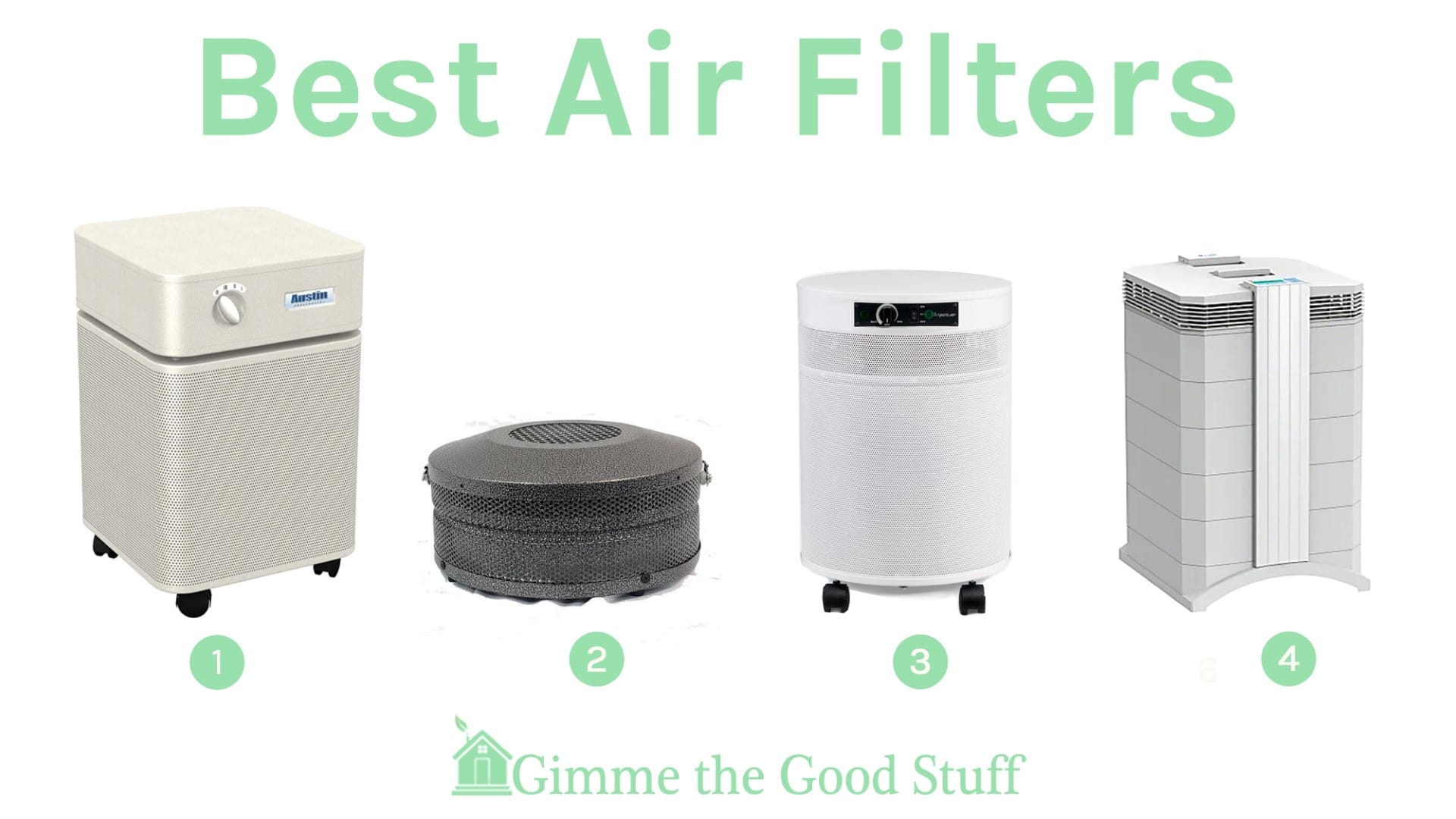
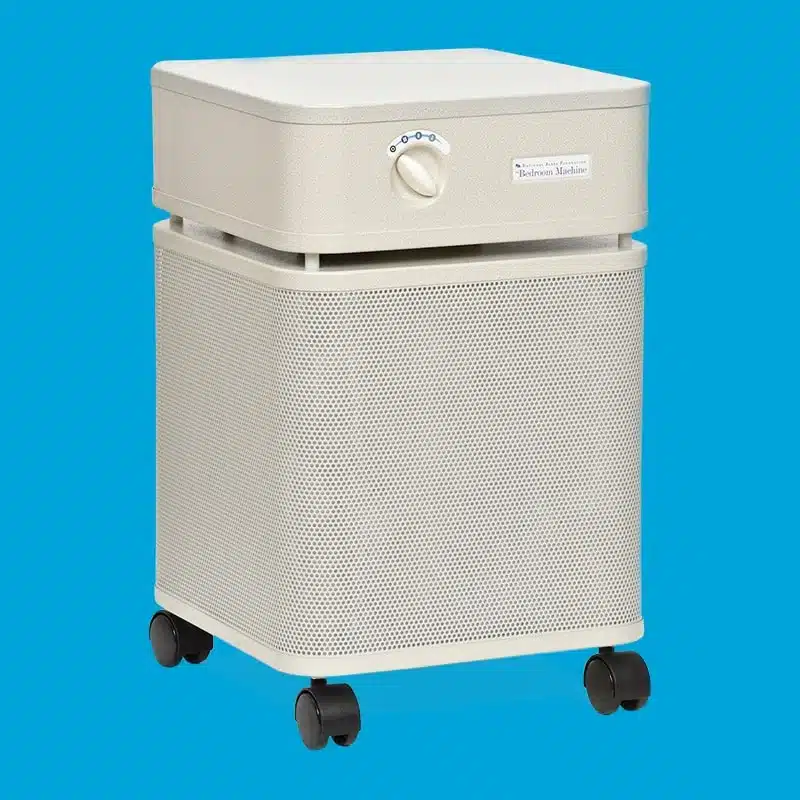
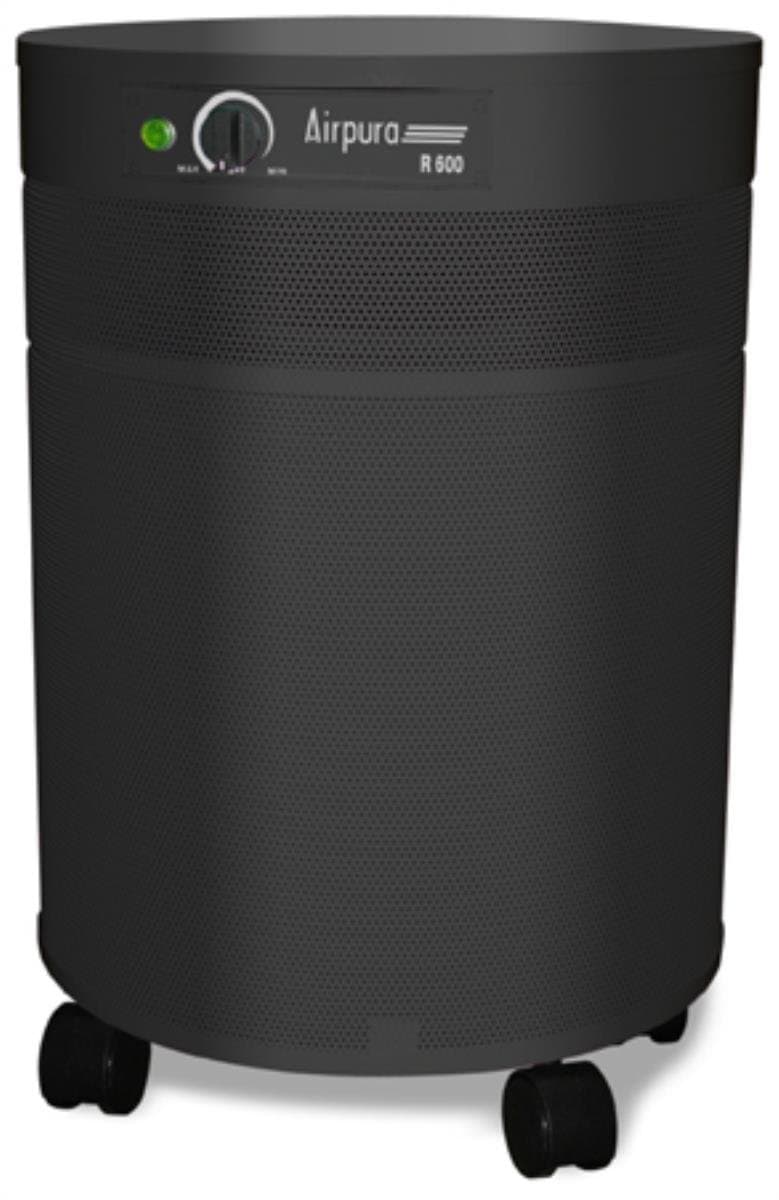
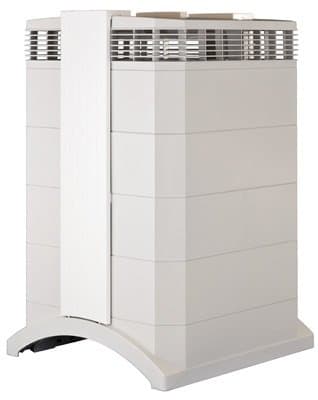
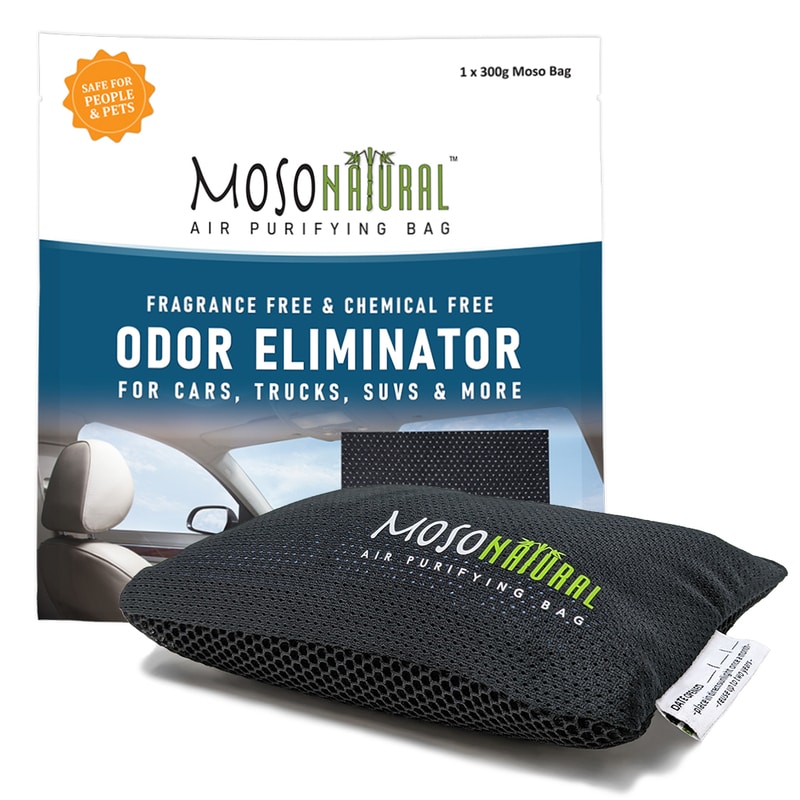
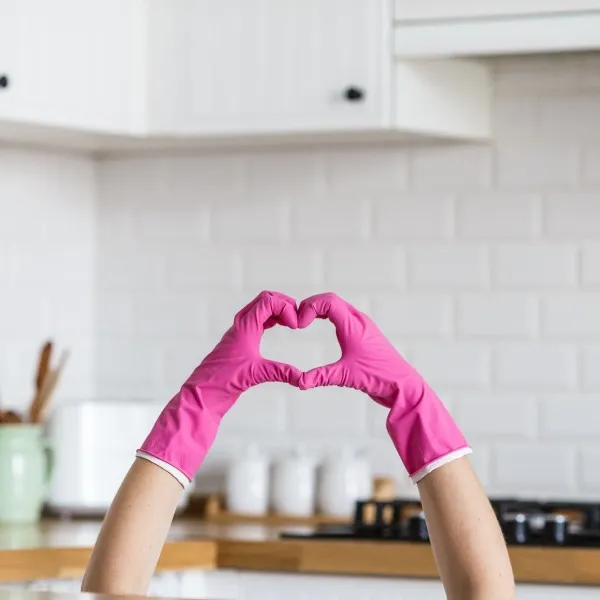

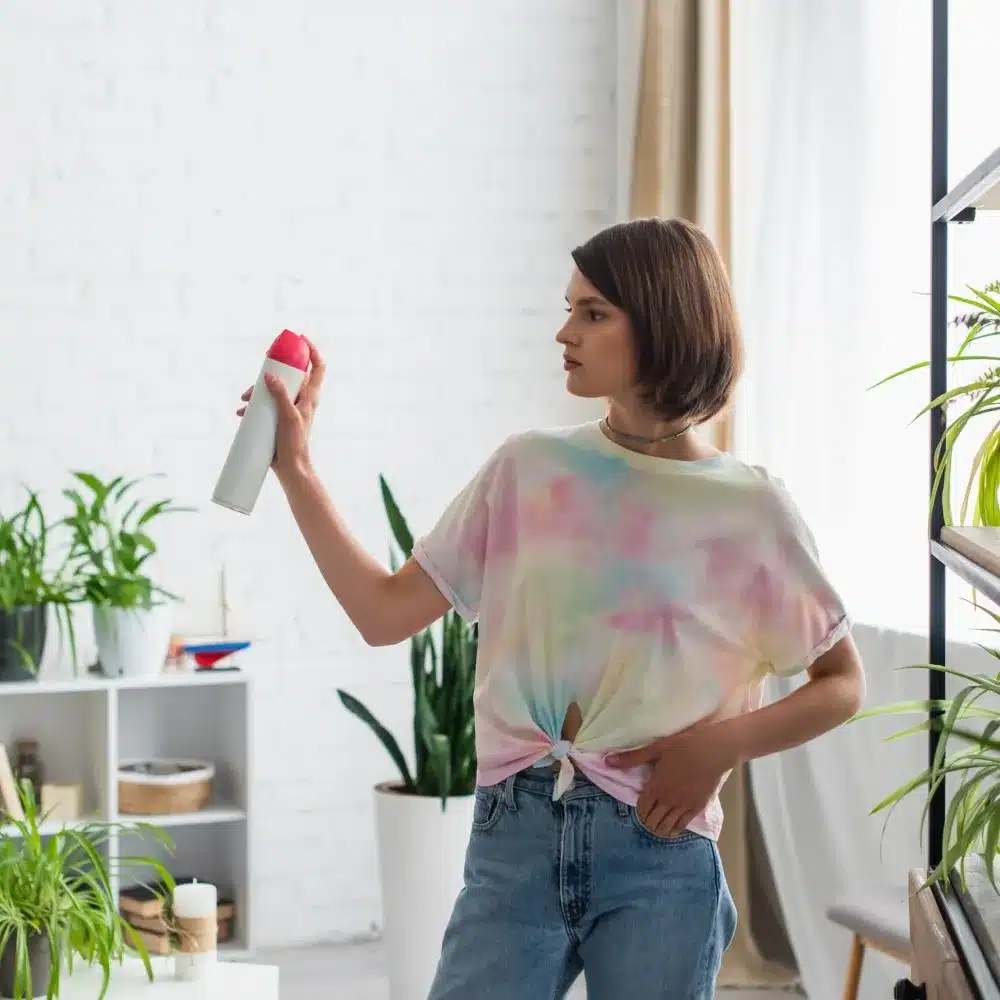
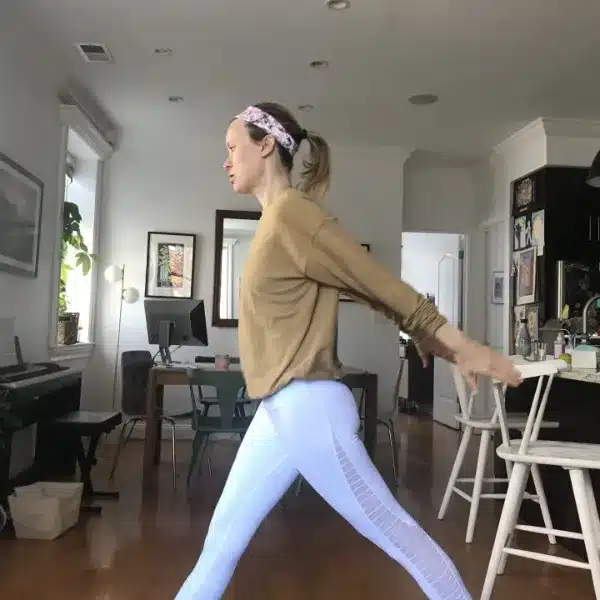
Leave a Reply
You must be logged in to post a comment.